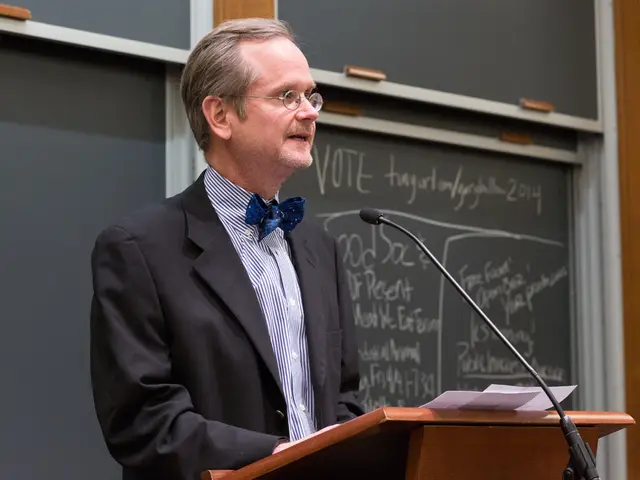Urgent call by Mary Robinson for swift actions by states to prevent the ongoing mass slaughter in Gaza
Former Irish President Mary Robinson and former New Zealand Prime Minister Helen Clark, as members of The Elders, have issued a joint appeal calling for decisive measures to halt the unfolding genocide and famine in Gaza.
The leaders expressed shock and outrage at Israel's deliberate obstruction of the entry of life-saving humanitarian aid into Gaza. No shelter materials have entered Gaza since last March, and huge numbers of tents ready for delivery have been blocked by the Israeli authorities.
Evidence shows food and medical aid being denied entry, and witness accounts tell of the killing of Palestinian civilians, including children, trying to access aid inside Gaza. The leaders believe the 1948 Genocide Convention is being flouted in word and deed by Israel in Gaza, and powerful UN member states are not holding Israel's leadership to account.
The appeal calls for immediate, permanent, and concrete steps to facilitate safe, large-scale access for the UN, international NGOs, and humanitarian partners in Gaza. It urges the immediate suspension of transfers of arms and weapons components to Israel, the opening of all border crossings into Gaza, including at Rafah, and the release of arbitrarily detained Palestinian prisoners by Israel.
Foreign ministers of 24 countries, including Ireland, have also issued a joint appeal for the free passage of aid in Gaza. Commissioner O'Flaherty of the Council of Europe's Commissioner for Human Rights has called on European states to ensure their arms transfers do not contribute to human rights violations in Gaza.
Several leading humanitarian and human rights organizations, including Oxfam, Amnesty International, and Physicians for Human Rights Israel, have issued stark warnings that genocide and famine are actively unfolding in Gaza due to Israel's ongoing siege and military actions. They call for an immediate, unconditional ceasefire, the lifting of the blockade to allow free and safe humanitarian aid access, and the release of hostages and unlawfully detained prisoners.
The leaders' advocacy aligns with the broader calls from international humanitarian organizations for immediate peace measures and humanitarian relief. However, concrete international measures—such as sanctions or enforced ceasefires—have been limited, with aid deliveries mostly consisting of insufficient air drops and brief humanitarian pauses.
Mary Robinson and Helen Clark have publicly urged stronger international intervention aligned with these calls, demanding more decisive political action, including the enforcement of humanitarian law and pressure on Israel to halt its siege and military operations. Their exact diplomatic or political initiatives have not been detailed, but their advocacy is a critical voice in the international community's response to the crisis in Gaza.
In summary, the current international efforts called for involve an immediate, unconditional ceasefire and end to military assaults, breaking the Israeli siege to allow unimpeded humanitarian aid access, diplomatic and possibly coercive measures to pressure Israel, release of hostages and prisoners, and recognition and response aligned with international humanitarian and genocide prevention law. Real-world implementation of these demands remains a critical challenge amid geopolitical divisions and limited international consensus to enforce such measures comprehensively.
- The ongoing crisis in Gaza, marked by war-and-conflicts, has led to a severe humanitarian crisis, as evidenced by the lack of access to life-saving aid and the denial of food and medical supplies.
- Migration and policy-and-legislation are critical aspects of the international response, with foreign ministers from 24 countries calling for the free passage of aid in Gaza, and Commissioner O'Flaherty urging European states to ensure their arms transfers do not contribute to human rights violations in Gaza.
- Amid the general-news coverage of the crisis, political leaders such as Mary Robinson and Helen Clark have advocated for stronger international intervention, encompassing crime-and-justice issues like the enforcement of humanitarian law, the release of prisoners, and diplomatic or coercive measures to pressure Israel.






